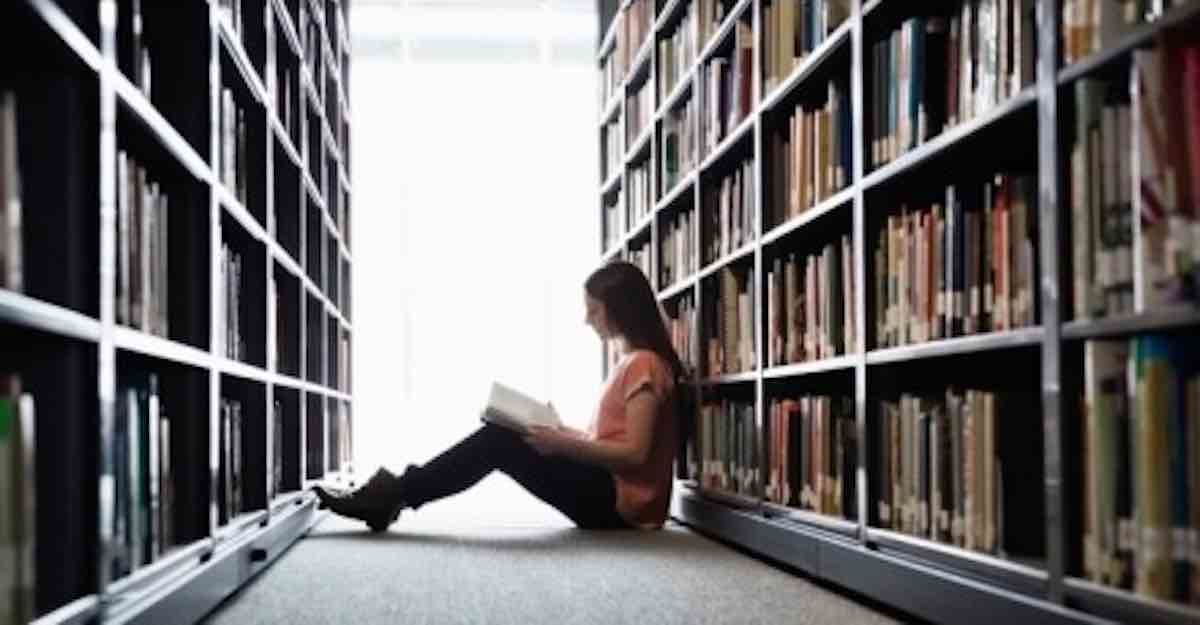If you grew up in a household that had its fair share of book shelves, it might say something positive about your personality now that you’re all grown up.
This new study from the Australian National University School of Sociology found that people who grew up in book-filled homes have higher reading, math, and technological skills.
The researchers analyzed data that was taken from surveys between 2011 and 2015. The data featured 160,000 adults (ages 25 to 65) across 31 nations, including the United States, Canada, Australia, Germany, France, Singapore, and Turkey.
All participants were asked how many books there were in their home when they were 16 years old. (One meter of shelving, they were told, holds about 40 books.) They chose from a series of options ranging from “10 or less” to “more than 500.”
CHECK OUT: Man Saves Ancient Books From Dumpster Only to Look Inside Months Later and Find Amazing Inscription
If a household held at least 80 books, then participants went on to display the average rate of literacy and numeracy. The rate of literacy continued to increase in parallel to the amount of books a household contained until the rate ceased to increase from 350 books onwards.
Furthermore, young teenagers who grew up around books were shown to have the same levels of literacy and numeracy as university graduates who had only grown up around a few books.
Literacy was defined as “the ability to read effectively to participate in society and achieve personal goals.” Participants took tests that “captured a range of basic through advanced comprehension skills, from reading brief texts for a single piece of information to synthesizing information from complex texts.”
Numeracy tests measured the “ability to use mathematical concepts in everyday life,” while IT-related tests “assessed the ability to use digital technology to communicate with others, as well as to gather, analyze, and synthesize information.”
LOOK: Woman Accidentally Buys the Same Book She Sold 5 Years Ago and Finds Mother’s Last Words
The results suggest those volumes made a long-term difference. “Growing up with home libraries boosts adult skills in these areas beyond the benefits accrued from parental education, or [one’s] own educational or occupational attainment,” the researchers report.
Not surprisingly, the biggest impact was on reading ability. “The total effects of home library size on literacy are large everywhere,” the researchers report.
The paper was co-authored by Joanna Sikora and published in Social Science Research earlier this month.
(Source: Australian National University)
Help Your Friends Read This Story By Sharing It To Social Media – Photo by Australian National University




















